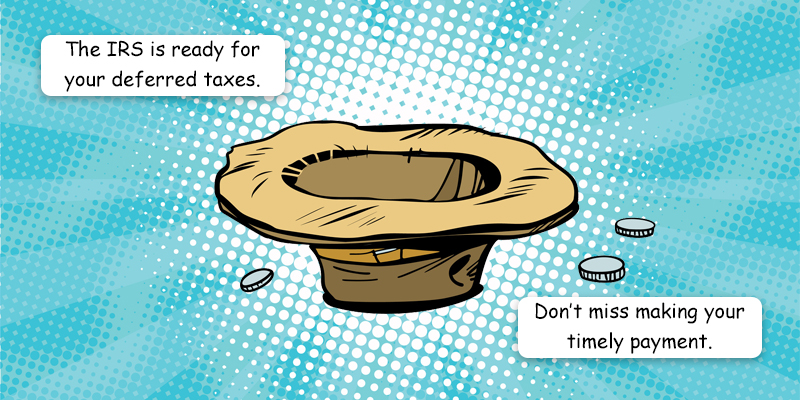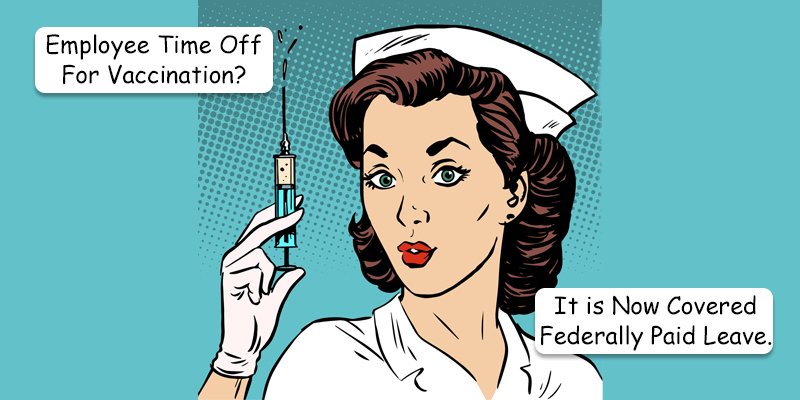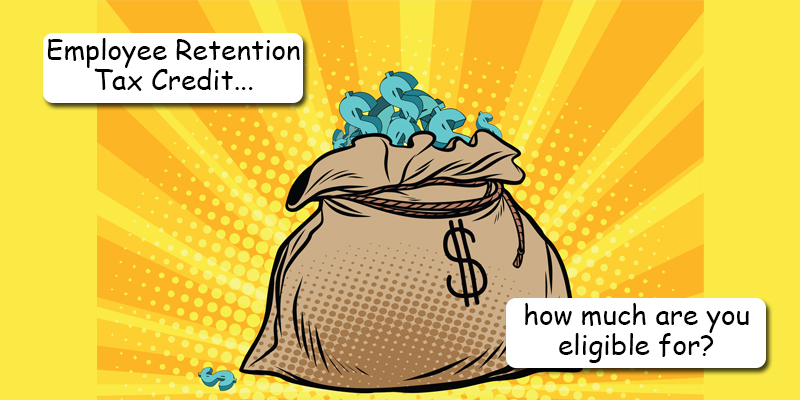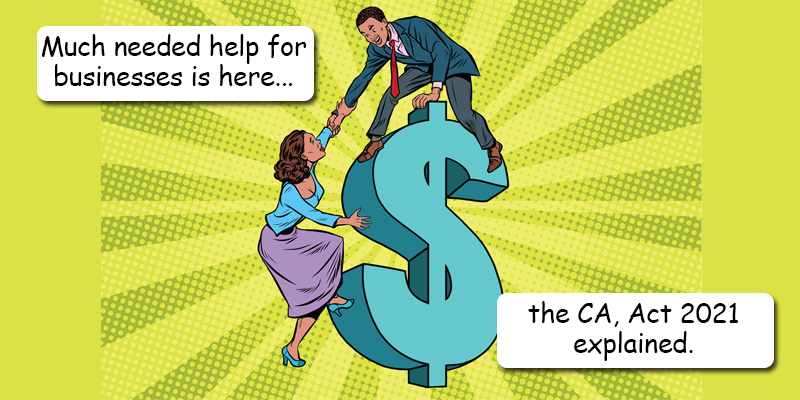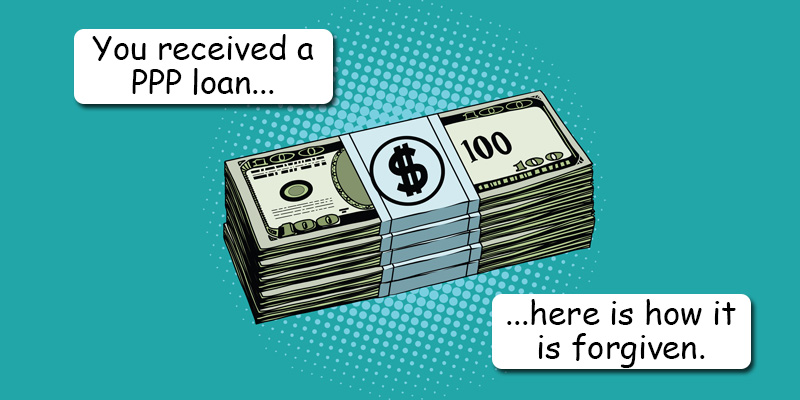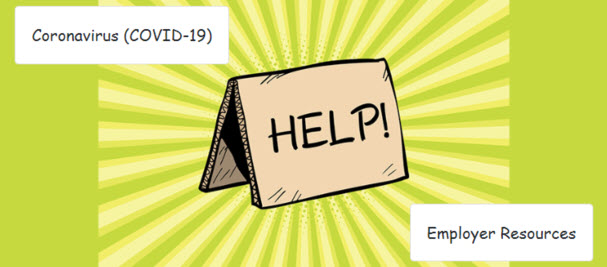The Coronavirus Aid, Relief, and Economic Security (CARES) Act that passed in March 2020 allowed businesses to defer paying their employer share of Social Security (OASDI) taxes through the end of that year. This allowed businesses to hold on to a portion of their tax liability to get through any cash-strapped times caused by COVID-19 and basically, have an interest-free loan for a long period of time. The deferred tax would then become due in two equal installments, with half due on December 31, 2021 and the remainder due on December 31, 2022. Here we are at the start of…
Posts tagged as “COVID-19”
While I do not necessarily write about benefits for individuals, this one happens to affect the employer, or should I say, their previous employer, which could be you. The ARP Act allows involuntarily terminated employees under Subtitle F – Preserving Health Benefits For Workers to receive premium assistance on their COBRA. The premium assistance is in the form of 100% paid for health insurance for the separated employee and their dependents for the coverage period beginning April 1 to September 30, 2021. Newly terminated employees just entering eligibility for COBRA are eligible for the premium assistance, as well as those…
The Families First Coronavirus Response Act (FFCRA) was the first COVID-19 Act passed by Congress on March 18, 2020. Back then, the belief was that COVID-19 would be a short-lived inconvenience where an employee may need to take a couple weeks off from work, and this Act was to allow them that benefit without cost to the employer. Here we are, a year later, still feeling the effects. The Consolidated Appropriations Act (CAA) 2021, passed on December 27, 2020, extended this federal paid leave until March 31, 2021, and we now find further extension and expansion in the recently-passed American…
If your business was impacted by COVID-19, there is a significant amount of unclaimed money quite possibly waiting for you. The amount is up to $26,000 PER EMPLOYEE. But why have you not heard of this? Back when the CARES Act was signed by the President on March 27, 2020, COVID-19 was expected to be short-lived (remember the “15 Days to Slow the Spread” plan?) thus, the benefits were to provide short-term relief. There were a few different major benefits in that Act, but a business was only able to select one. This included the Paycheck Protection Program (PPP), the…
On December 27, 2020, President Trump signed the Consolidated Appropriations Act, 2021. This is an Act that is signed each year, thus the 2021 suffix, and basically includes the federal government’s budget for 2021. It also includes a large section of COVID-19 related benefits for businesses. The following is a summary of what has passed. It is a bit lengthy of a “summary,” but all good stuff. FFCRA Sick and Family Paid Leave The FFCRA tax credit has been extended through March 31, 2021, although the employer mandate has not been extended. This means that an employer can decide whether or not…
The Paycheck Protection Program (PPP) of the CARES Act authorizes up to $349 billion in loans to small businesses to pay their employees and other expenses during the COVID-19 crisis. The loan amounts will be forgiven under Section 1106 of the Act as long as certain conditions are met, and knowing those conditions at the start of the loan process is crucial, because if you wait until the end of the process, it will be too late. There are four areas of concern to receive 100% forgiveness. 1. Let’s start with what the proceeds can be used for. Over the…
With the passage of the Families First Coronavirus Response Act, two new refundable payroll tax credits are available to employers with fewer than 500 employees. These refundable credits are designed to fully reimburse them, dollar-for-dollar, for the cost of providing Coronavirus-related leave to their employees. The Act allows two paid leaves for the employee’s own health needs or the care of family members. This will enable employers to keep their employees on payroll and ensure that employees are not forced to choose between their paycheck and the public wellbeing. Emergency Paid Sick Leave Companies with fewer than 500 employees,…

